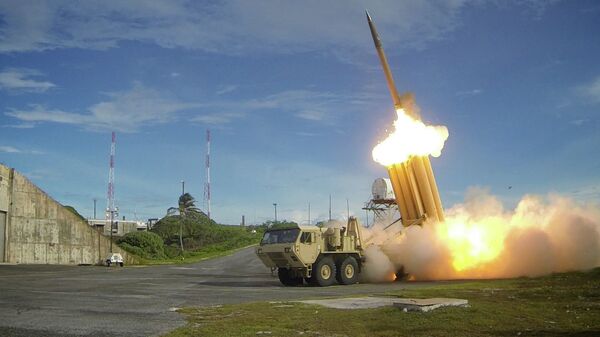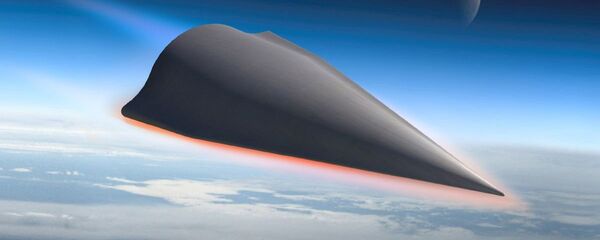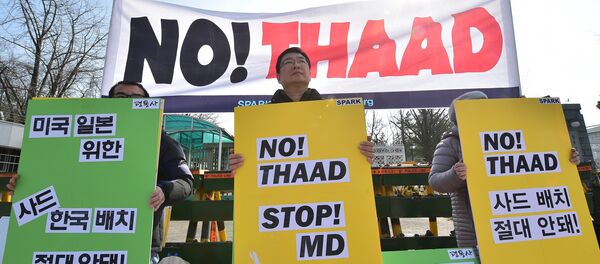BOCHAROV RUCHEI (Sputnik) — The United States has been in dialogue with South Korea over the proposed deployment of the THAAD system over the past year. THAAD is capable of shooting down short-, medium- and intermediate-range ballistic missiles.
"As with the European segment of the US missile defense, we are told that it is not directed against us, but we have a somewhat different assessment. And if all of this is not directed against Russia, legally binding guarantees are required," Lavrov told reporters.
South Korea and the United States started discussing the deployment of THAAD systems earlier in March, in response to a successful North Korean hydrogen bomb test and launch of a satellite into orbit on board a long-range rocket.
Attempts by certain countries to use the North Korean nuclear issue as a pretext to increase their military presence in the region are unjustifiable and highly dangerous, Russian Foreign Minister Sergei Lavrov said Friday.
"We, in turn, noted that despite the unity in regard to North Korea's missile and nuclear adventurism, the Russian Federation considers it absolutely unjustifiable and very, very dangerous to attempt to use this situation as an excuse to disproportionately increase military presence in the region," Lavrov said following talks between the Russian and Japanese leaders.
"They confirmed the official stance of Russia and Japan that all existing deals on removing nuclear weapons from the Korean Peninsula must be fulfilled. They agreed that both countries would refute Pyongyang’s nuclear status ambitions," Lavrov told reporters.
The United States has been in dialogue with South Korea over the proposed deployment of the THAAD system over the past year. THAAD is capable of shooting down short-, medium- and intermediate-range ballistic missiles.
In July 2015, North Korea said it might boost its nuclear deterrent should the United States deploy a mobile missile defense system in South Korea.





